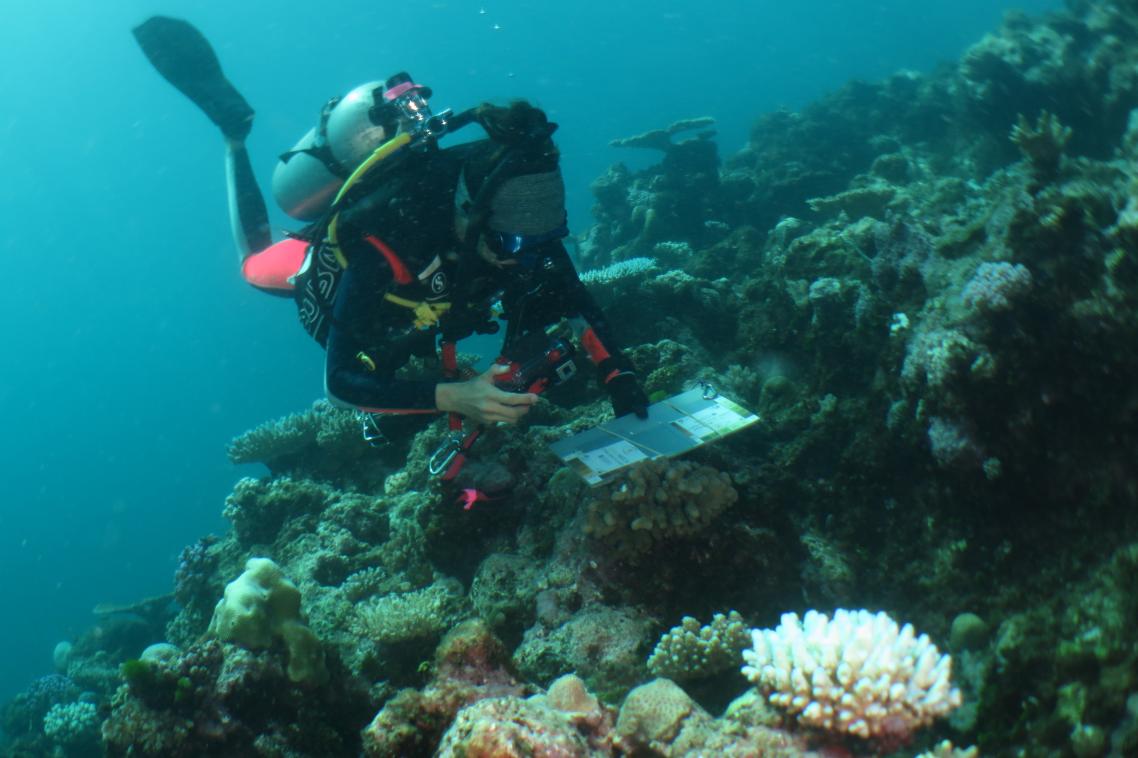Climate science goes super at UQ
UQ’s newly established Global Change Institute has received $1.4 million in ARC funding to attract the best young minds to tackle climate change.
The funding is part of the Australian Government’s $27.2 million Super Science Fellowships scheme aimed at attracting and retaining outstanding early-career researchers in three key areas: space science and astronomy; marine and climate sciences; and future industries research—biotechnology and nanotechnology.
GCI Director Professor Ove Hoegh-Guldberg said the Fellowships would be part of two GCI multidisciplinary projects with researchers from business, economics and science looking at the impacts of rising sea levels due to climate change
“This funding will allow us to employ five new post-doctoral researchers who are in the early stages of their research careers and have them work on large projects with international significance,” Professor Hoegh-Guldberg said.
The two projects are:
• Treading water in a changing climate: The vulnerability of Australia’s tropical islands to sea level rise, led by Professor Hoegh-Guldberg in collaboration with colleagues at UQ and the University of Wollongong. This project will directly benefit the people and businesses associated with 1174 tropical islands found in Great Barrier Reef and Torres Strait waters. By bringing together a multi-disciplinary team and training young Australian researchers, this project will establish an integrated research program that will outline the challenges, and develop the solutions, that will be needed for Australians to cope with rising sea levels; and
• Adapting to the impacts of sea level rise as a result of rapid climate change, led by Professor Hugh Possingham. Rapid sea level rise has been identified as a major threat to coastal Australia, where most of the Australian population lives. By building capacity and answering many urgent and difficult questions related to the legal, environmental and planning ramifications of sea level rise, this project will prepare communities and policymakers for the difficult times ahead.
Each Super Science Fellowship will be held by an early-career researcher from Australia or overseas, for three-years tenure with funding of more than $90,000 a year. One hundred Super Science Fellowships have been awarded to 20 eligible institutions around Australia, with 50 to commence in 2010 and 50 in 2011.
The GCI fosters discovery and targeted problem solving by creating, applying and transferring knowledge for innovative integrated solutions to the challenges facing our changing planet. It provides for collaborative research, learning, engagement and advocacy in major global change issues of climate, population and technology across key areas in environment, water, energy, health, food and business change.
Media: Professor Ove Hoegh-Guldberg, (07 3345 1156) or Rob Mackay-Wood, GCI Communication Manager, (07 3346 9041, 0410 491 159).
Related articles

Under the surface: how genetics could save the Great Barrier Reef

Peptides to prime plant defence against viruses in vegetables
Media contact
UQ Communications
communications@uq.edu.au
+61 429 056 139
